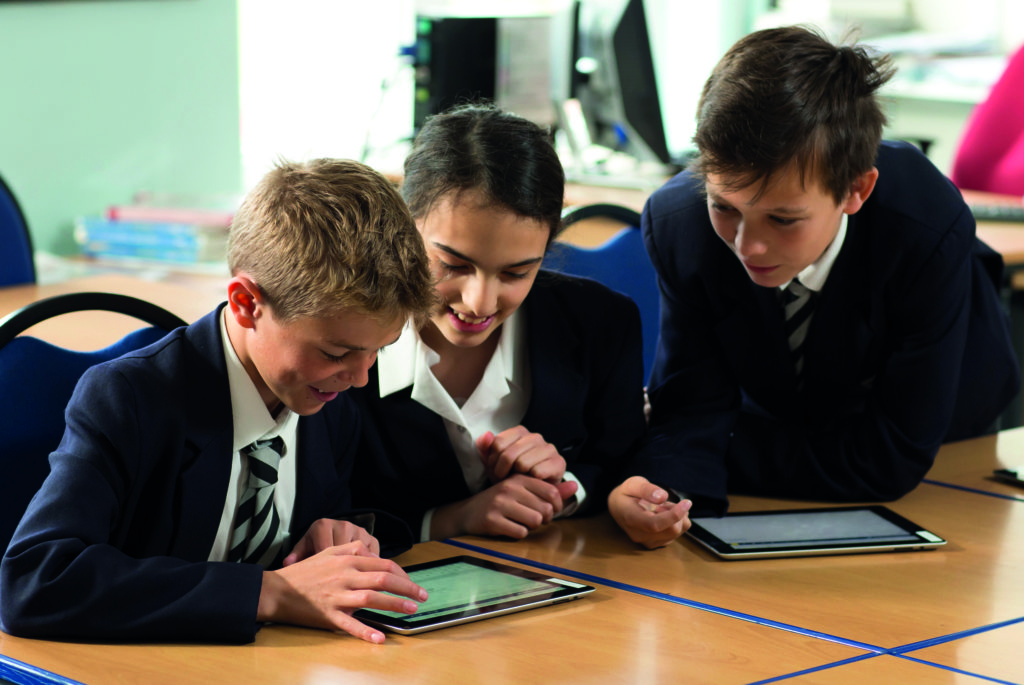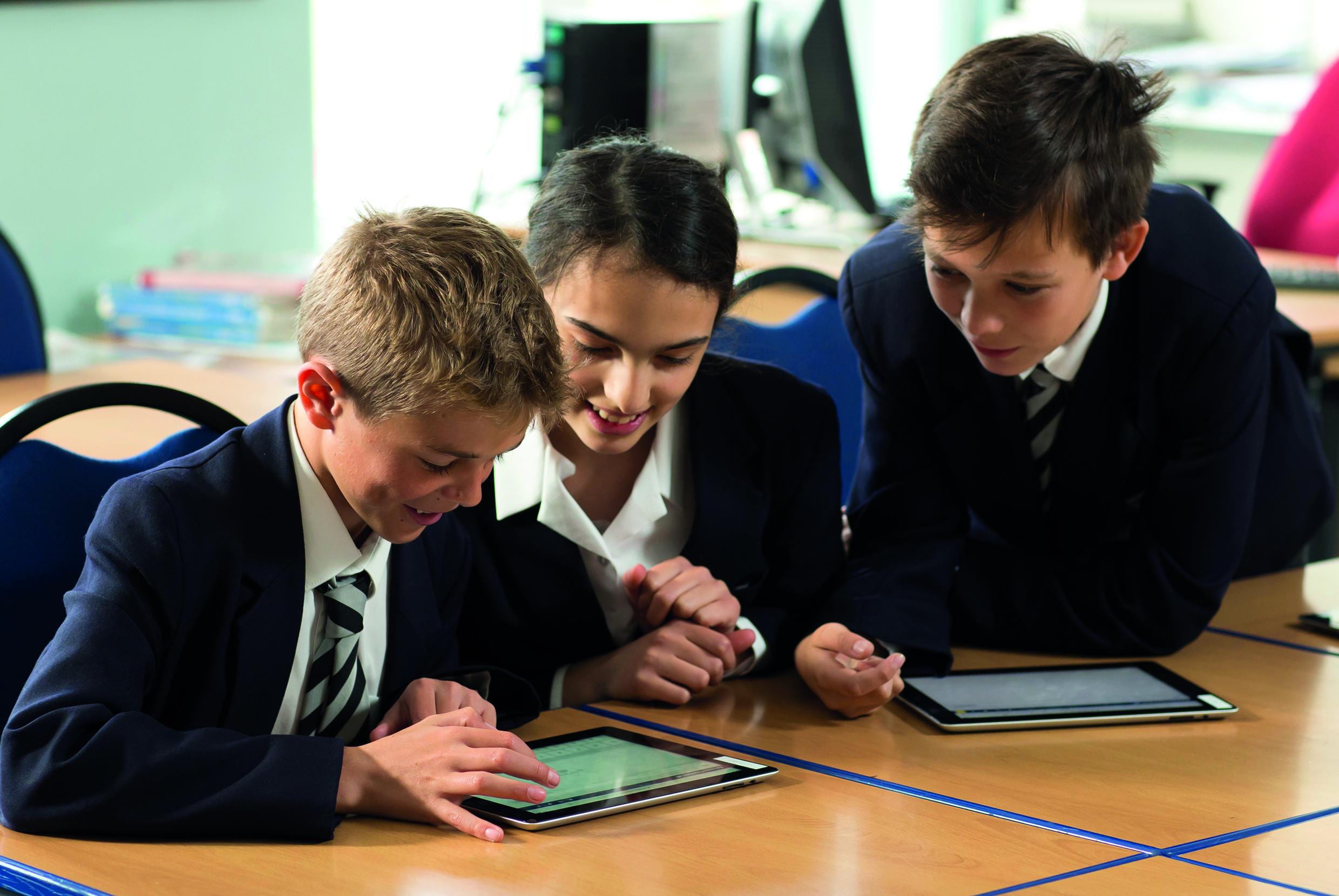
Robert Payne, teacher of ICT at Alleyn’s, on how to bring on our child’s knowledge of ICT.
“Tell me and I forget. Teach me and I remember. Involve me and I learn.”
(Benjamin Franklin)
Knowledge and experience of using computer systems is important in an ever-changing information society. Our children use a variety of computer-based technologies ranging from tablets, phones and games consoles and while they often seem to teach themselves some of the core computing skills, it is important to encourage them to use these tools effectively, creatively and most importantly, safely.
Here are a few ways that may help to develop ICT knowledge in older primary school age children up into the early years of secondary school.
Computer literacy
Children can develop their creative skills through software applications, and if you follow your child’s particular interests in choosing how they do this they will engage fully. They might choose to design animated stories, games or scientific simulation using software such as Scratch, remix music using GarageBand, or use PowerPoint to create animated presentations on a subject they are interested in.
Global learning platforms
Some schools now use online tools to support learning. For example, writing platform Pobble allows children to publish their work, and to read and comment on the work of others. Mathletics offers secure group maths games that are targeted to the UK maths curriculum.
Coding
If your child is interested in coding there is free online software such as code.org or codeacademy.com, which offer tutorials on developing coding or website building skills. Although the use of tablet computers and smartphones that use ‘swipe’ technology has increased, we should still encourage children to develop their keyboard skills. Keyboarding is important and will be useful, particularly as your child progresses through school.
Talk about it
Another way to build your child’s enthusiasm for the world of computers is by discussing with them the role of computer use in society, such as in health, commerce and environmental matters. Perhaps on the way to the local supermarket, spot the many ways computers are used in different settings and discuss how this impacts on people and our well-being.
Keeping abreast
Develop your child’s understanding of computer-related topics by watching age-appropriate online presentations on computer-related current affairs on sites such as Ted Talk. Furthermore, you can get your child to research major contributors to the field of computers such as Ada Lovelace, Bill Gates and Alan Turing.
And finally…
With monitoring and age-appropriate discussions, the Internet can offer exciting opportunities for your child to learn, research, and collaborate with people across the world. Here are some suggestions on staying safe while they do:
- Keep devices in a family space where you can monitor them
- Limit time on devices for both health and safety reasons
- Do not allow your child to post personal information on sites or to send photos without your express permission
- Use monitoring programmes like Qustodio, Kasperky, Safe Kids or Net Nanny
This article first appeared in the April 2019 issue of SE22 magazine.

